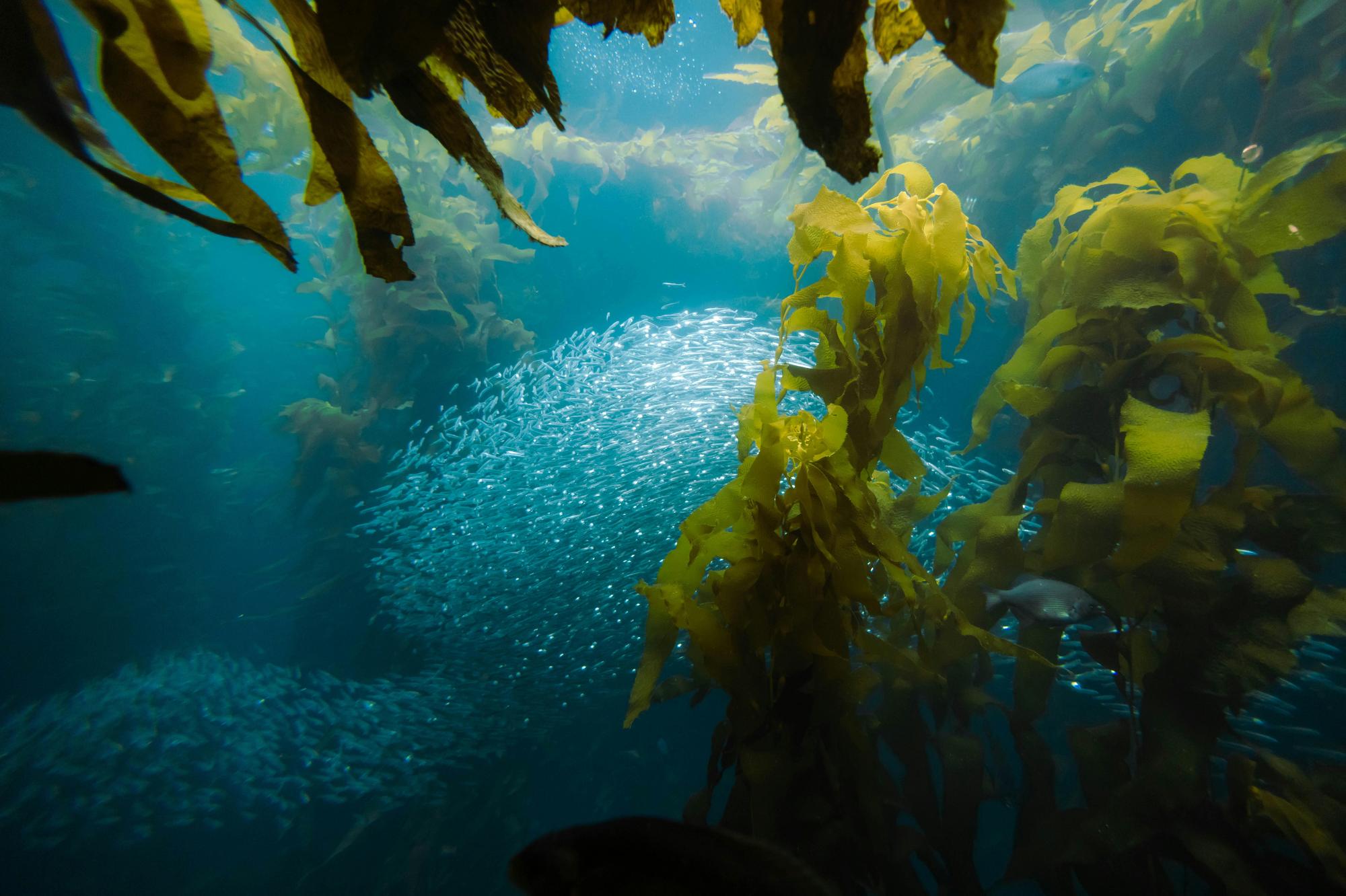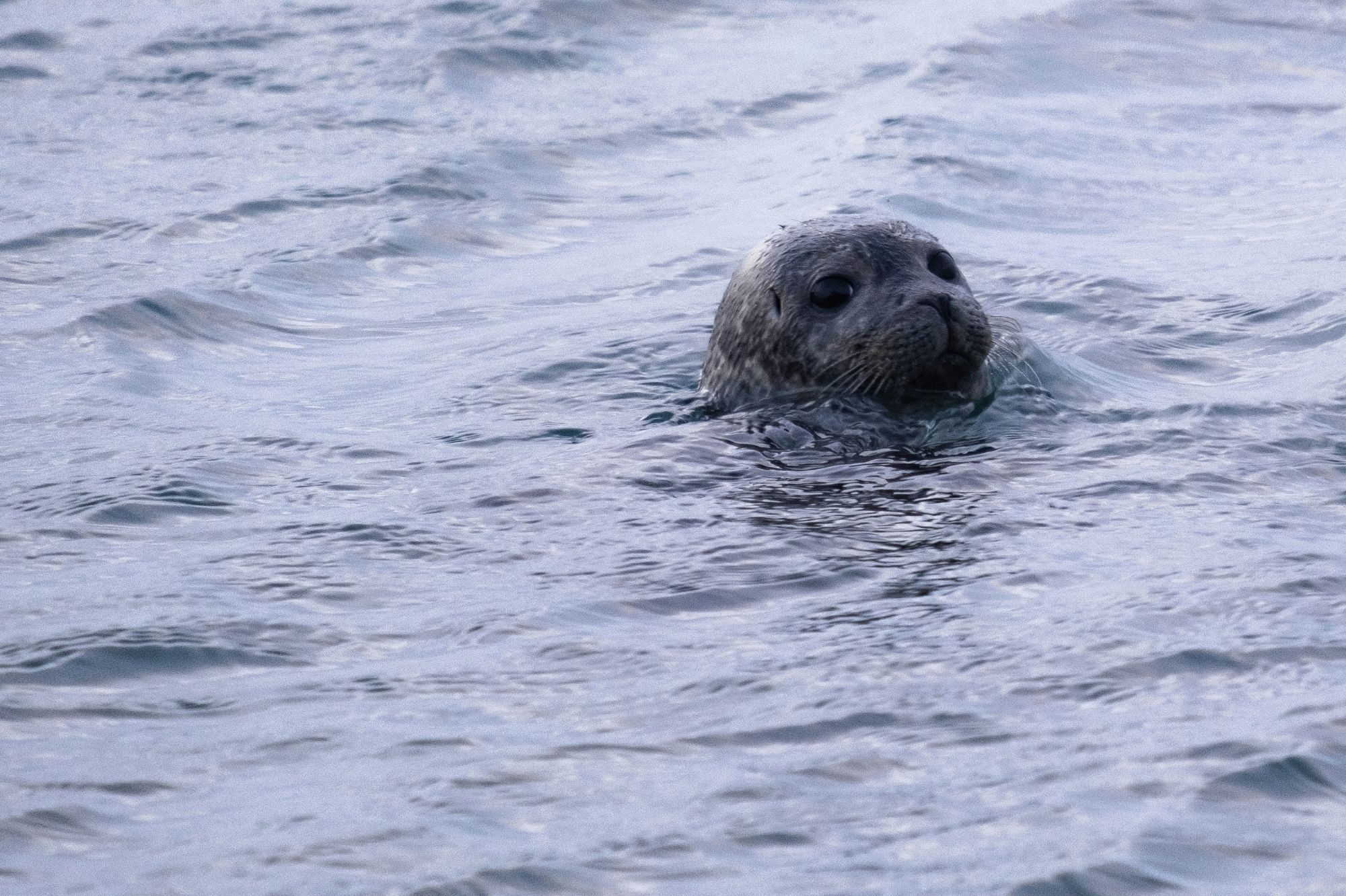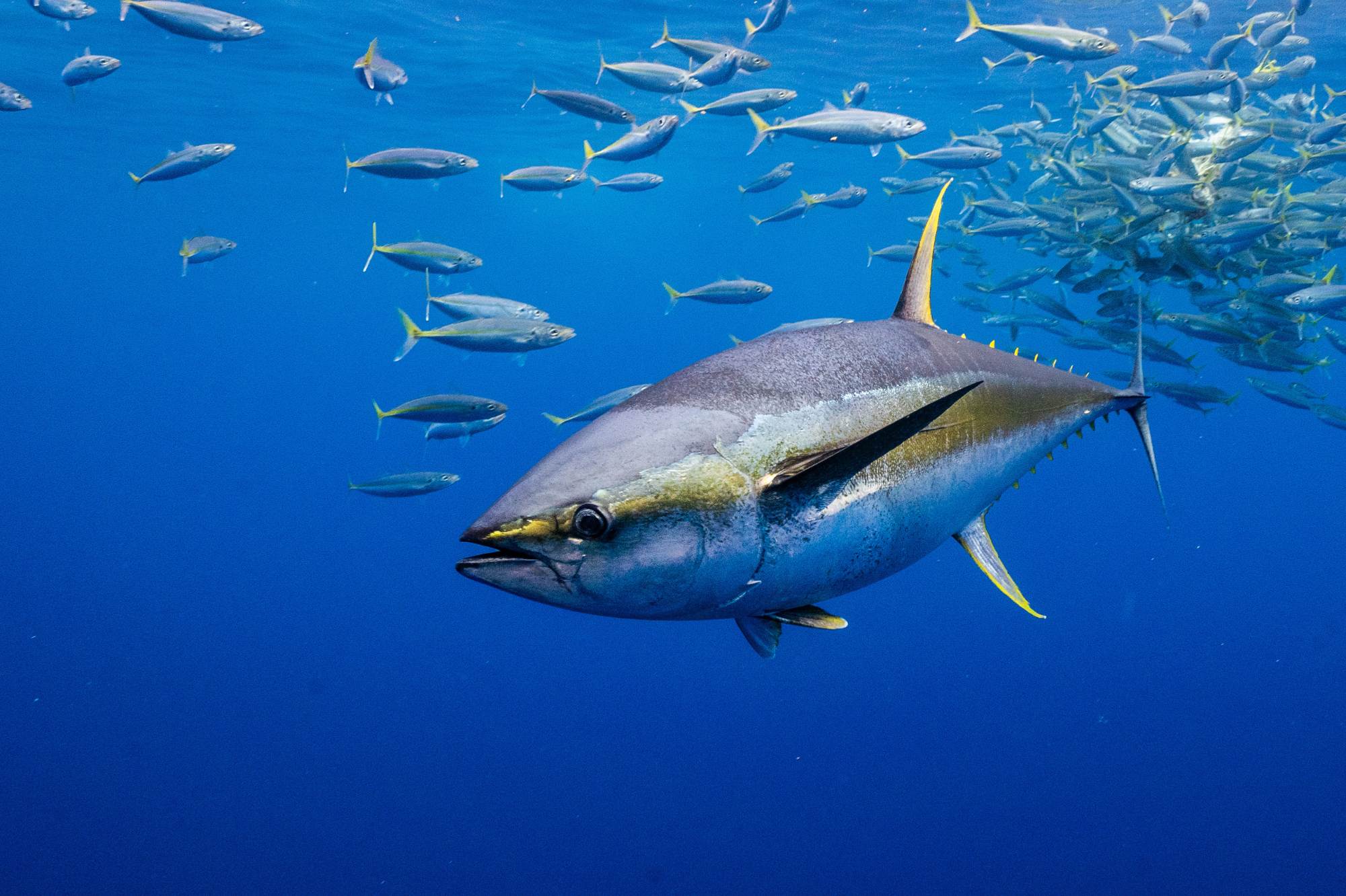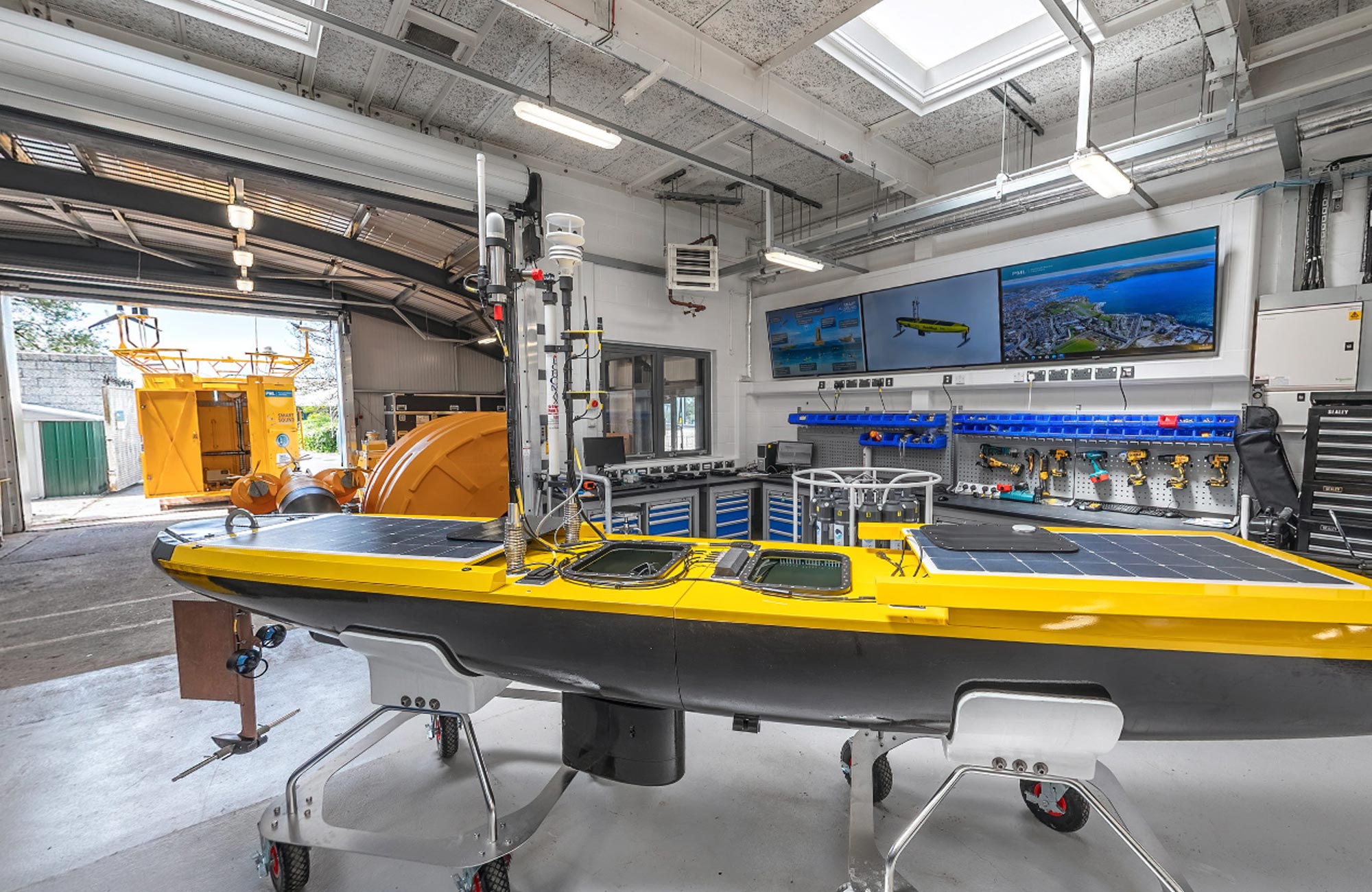Latest story
Natural capital at the heart of decision making: how the SWEEP project changed the South West for the better
The South West Partnership for Environmental and Economic Prosperity (SWEEP) project ran from 2017 – 2022, here we celebrate its impact to the benefit of the environment, society and economy in the South West and beyond.
Other recent news stories
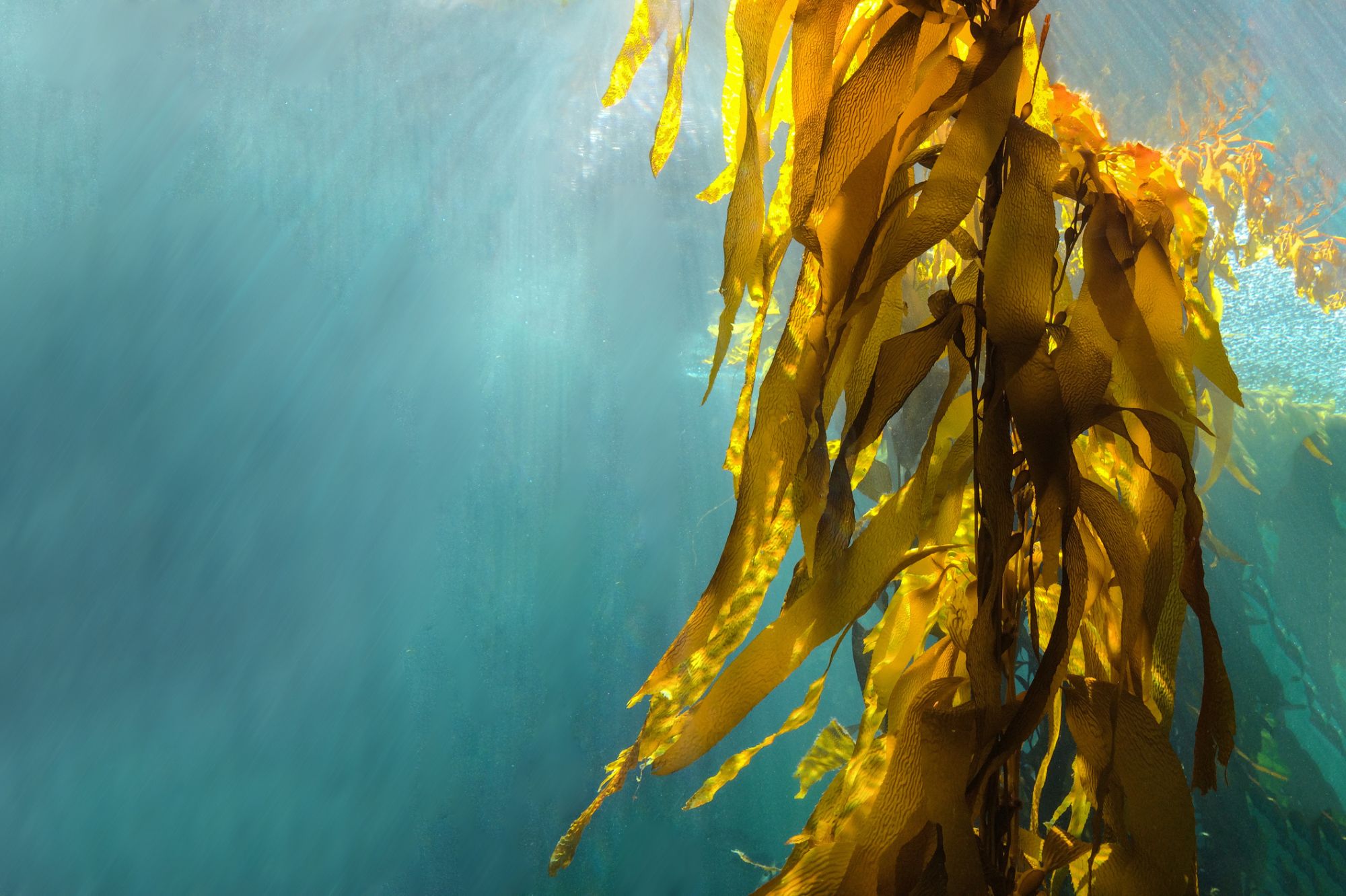
PML leads the science on the world’s first co-located seaweed and offshore wind farm
16 February 2023PML to provide independent analysis of the Amazon-funded North Sea Farm 1 project

New trustees welcomed to the Board of Plymouth Marine Laboratory (PML)
15 February 2023Four appointments over the past year to support the charity’s strategic direction

Staff spotlight: Georgina Ramm – Deputy Skipper
10 February 2023To mark “International Day of Women and Girls in Science‘, we wanted to share the story of our “Deputy Skipper’ Georgina Ramm, who has joined ...

Using community knowledge and citizen science to help tackle climate-sensitive, water-associated infectious disease
06 February 2023New project aims to map cholera in India by collecting sanitation and disease data through a publicly accessible smartphone app.

PML scientist joins RRS Sir David Attenborough for polar science trials in Antarctica
04 February 2023The trials are a critical milestone in the commissioning of the ship

Uniting on ocean acidification: a radical new approach to monitoring OA impacts at global scale
03 February 2023A new framework supports the vision for a step change in the global monitoring of OA impacts on marine life

Undermeasured compound could help resilience against climate change in key coastal waters
02 February 2023New study helps improve understanding of the interplay between species domination, competitive advantage and changing environmental factors relevant t...

Emissions of unexpected gases from marine life affect the air and climate over the poles
01 February 2023A new study reveals that trace atmospheric gases thought to be pollutants are also produced by marine plankton and emitted by the ocean, with potentia...

Staff Spotlight: Dr Lee de Mora - Marine Ecosystem Modeller
31 January 2023Dr Lee de Mora sits within our Marine Systems Modelling group, which develops and applies state-of-the-art computational models to promote sustainable...

Green light for project to enhance understanding of climate change &human impacts on coastal ocean
30 January 2023The “FOCUS’ project is one of six given the go-ahead as part of a £39m funding announcement from the Natural Environment Research Council (NERC)

New study investigates seaweed detritus as a Blue Carbon 'blind spot'
27 January 2023Pioneering techniques helps reveal how link between seaweed habitats and the seafloor may affect the global carbon cycling.

New approach to satellite data analysis reveals unexpected patterns in biological production
18 January 2023The pioneering statistical method compensates more accurately for gaps in chlorophyll and sea surface temperature data.
Current Events
No current events at this time.
Upcoming Events
IPBES 12 Plenary
3 February 2026
Ocean Sciences Meeting (OSM)
22 February 2026
13th annual World Ocean Summit
4 March 2026
PML at Oceanology International 2026
10 March 2026
NERC Tech Forum 2026
2 June 2026







